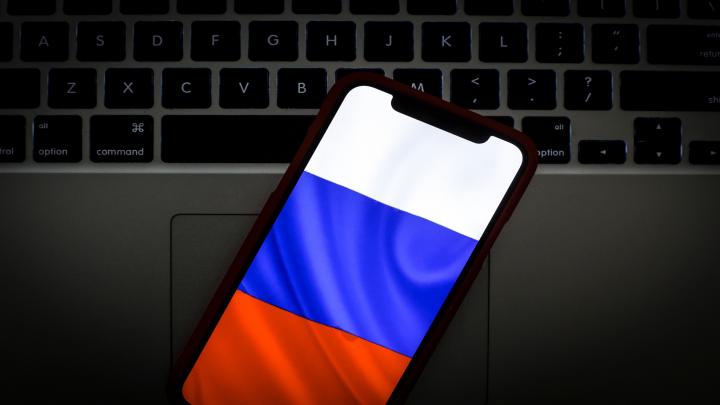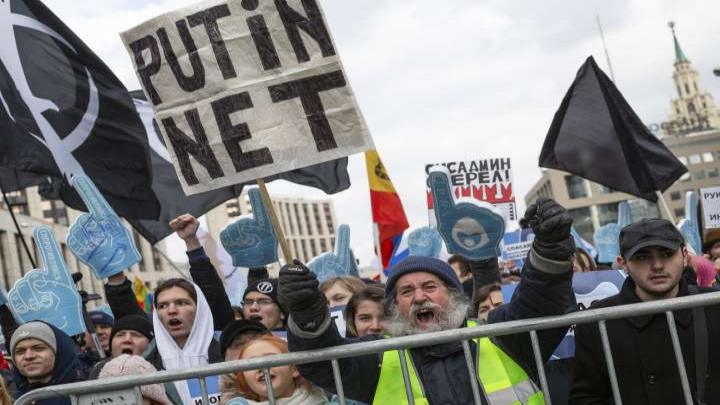Russia Introduces Internet Censorship
A new law related to Internet came into force in Russia on November 1, and it may be the beginning of mass surveillance of users on the web. The government has the ability to block content and even filter the things we can browse. The bill is designed to protect Russia from cyber attacks.
1

The first mention of the creation of an independent web space in Russia appeared in February. The law on "independent internet", which Vladimir Putin signed in May, came into force on November 1. It aims to protect the Internet against cyber attacks or other threats from outside the country. Roskomnadzor, the government body responsible for censorship in the media and telecommunications, has been able to block selected content for several days now and, in the event of an attack, can isolate the entire Russian web from the global Internet.

All internet service providers will have to install special spyware that will enable the government to track user traffic, block access to content at any time, filter content and control data exchange to ensure that it is not redirected to foreign servers without explicit need. Ultimately, the possibility of intercepting deep packet inspection (DPI) is to be kept to a minimum.
Critics argue that this controversial law will allow the government to increase internet censorship, which already restricts freedom of speech and privacy. Moreover, it could be the beginning of mass surveillance of citizens on the Internet. Rachel Denber, deputy director of Human Rights Watch in Europe and Central Asia, raised the issue on Twitter:
Currently, there is not much information that would enable us to determine exactly how the software works to protect the Russian Internet. Reuters agency informs that the first telecom operators (they have not been named) have already installed the equipment supplied by RDP.ru, 15% share of which is owned by the ocuntry. Tests are conducted on users in the Ural region and will continue until the end of 2019. So far, Roskomnadzor has not commented on the results of the survey, while the Russian investigative newspaper "Novaya Gazeta" informed in October that the attempts failed and the users were able to bypass the tested software.
Regardless of what the government intends to do, some experts believe that it will be technically difficult (if not impossible) to completely isolate the Russian internet. David Belson, senior director of Internet research and analysis at the Internet Society, says that it will be a big problem for Internet providers to implement software to track users in practice, and blocking some content can cause "collateral damage" that the government has not anticipated.
The current development stage of the discussed technology it is not clear, neither are the potential losses that ordinary citizens may suffer. The authorities have until January 2021 to introduce all the points of the law.
- Another country takes on loot boxes in games to protect underage players
- They say that violent games cause more aggression. That's why the Mexican government wants extra fees from players for GTA and Call of Duty
- Dev won against Steam. „We stood our ground and didn't bend the knee, going forward, we will keep fighting censorship”
1
Latest News
- Elite Mod lets you play the Tau faction in Warhammer 40K: Dawn of War 2
- Huge Marvel Adventures mod now with new superheroes, including Sentry
- Butcher's Summit, an impressive free diselpunk FPS, has been released
- Free FPS on Half Life engine gets big update
- On February 3, gaming history could change forever. Red Dead Redemption 2 one step away from a major achievement

